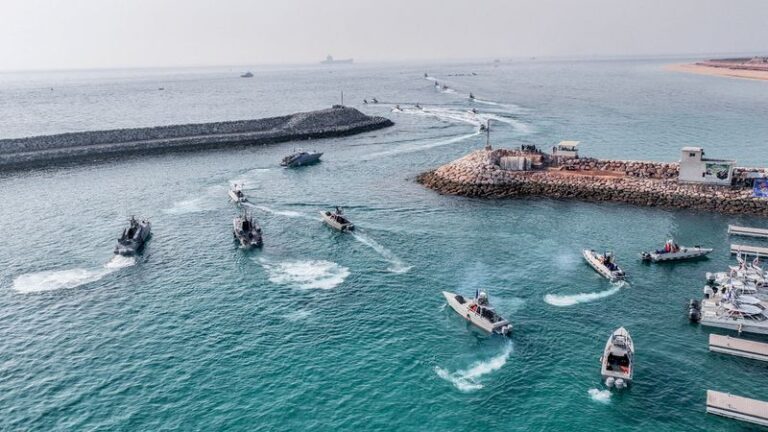BEIJING (Reuters) – China on Monday maintained its stance on three disputed Persian Gulf islands it controls, despite anger from Iran for describing them as an issue to be resolved with the United Arab Emirates (UAE).
In a statement last week, China said it supported the UAE’s efforts to bring about a “peaceful resolution” to the issues of Greater Tunb, Lesser Tunb and Abu Musa islands.
The islands, claimed by the UAE and Iran, have been occupied by Tehran since 1971, when British troops withdrew from the Persian Gulf.
In a rare display of anger against its largest trading partner, Iran’s Foreign Ministry summoned China’s ambassador to Iran on Sunday to protest against China’s “repeated support” for the UAE’s “baseless claims.”
“Given the strategic cooperation between Tehran and Beijing, the Chinese government is expected to reassess its stance on this issue,” the Iranian Foreign Ministry said.
China’s Foreign Ministry on Monday renewed its call for Iran and the UAE to resolve their differences through dialogue and consultation, saying China’s position on the issue remains “consistent.”
Asked about the Iranian protest at a regular press conference, Foreign Minister Mao Ning said “the relevant contents of the China-UAE joint statement are in line with China’s position,” without amending Beijing’s position.
She added that China and Iran have built a strong relationship and China attaches great importance to developing the strategic partnership between the two countries.
In December 2022, China issued a joint statement with Gulf Cooperation Council (GCC) countries calling for efforts to resolve the three islands issue, angering Iran.
The statement further stressed the need to “ensure the peaceful nature of Iran’s nuclear program,” something that was not mentioned in the latest statement with the UAE.
(Reporting by Liz Lee and Ryan Wu; Editing by Ross Russell and Alex Richardson)

